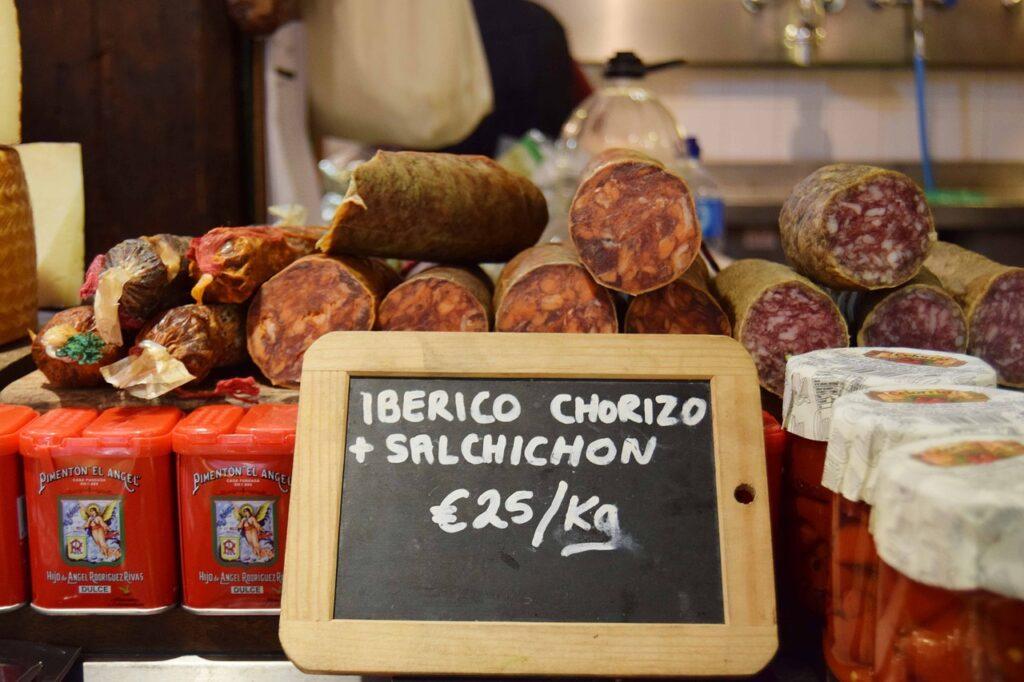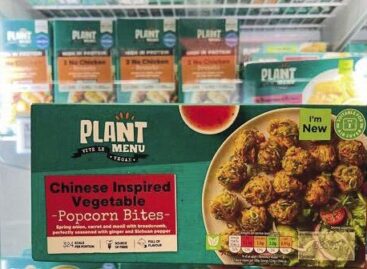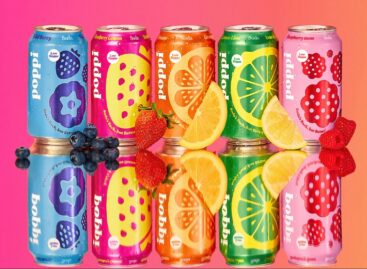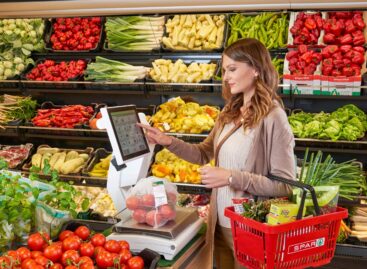UK sales of authentic Spanish chorizo soar
The Consorcio del Chorizo Español – a group of Spanish producers who make the popular meat according to established ingredients and production methods – has been running a trade and consumer-focused marketing campaign in the UK from July to December, highlighting the taste, quality and health credentials of the product.

Figures for Consortium-labelled chorizo from January to September show that some 1.69 million kilos were sold in the UK, an increase of 28% on the same period last year. The UK is the Consortium’s major market, accounting for 60% of its exports.
The campaign saw the creation of a series of specialised content, including photography for a monthly newsletter and placements in consumer and trade-facing media. The summer and autumn months saw promotional campaigns in Tesco and Waitrose that included tear-off shelf talkers with recipes and information about Spanish chorizo and the Consortium’s quality label, as well as giveaways for portable barbecues through social media and the newsletter.
In September, a show cooking event was held at the Speciality & Fine Food Fair in London, while the quality label received a mention in an article in The Times discussing culinary tips with chorizo.
The PR push comes as the Consortium has between working hard to boost trade buyer and consumer understanding of what it means to purchase Consorcio del Chorizo Español-branded product. The group’s chorizos must carry garlic and paprika, which differentiates it from other origins and sausages. Cured outdoors or smoked, the main base is minced pork, which is then marinated with spices such as paprika to give it its typical red colour.
As well as its delicious taste, Consortium-labelled chorizo has a series of health benefits, including essential amino acids that help repair tissue and aid digestion, and vitamin B1, which helps the body use certain amino acids more efficiently and turns food into energy.
Despite the optimism of this year’s sales growth, Consortium director Alejandro Alvarez-Canal Estrada urged caution given the many current challenges to trade. “It’s important to consider that 2022 was a tough year for exports in general due to factors such as inflation, rising raw material prices and energy costs,” he said. “There are also specific issues in the UK stemming from Brexit, like uncertainty around the continuous postponement of implementing customs and health controls for animal-origin products.”
“All of this unfolds within an increasingly complex and uncertain international economic and political context. For 2024 therefore, our minimum aspiration is to achieve the same labelling figures as 2023.”
Related news
Carlsberg, PepsiCo set out Poppi UK launch plans
🎧 Hallgasd a cikket: Lejátszás Szünet Folytatás Leállítás Nyelv: Auto…
Read more >IKEA to host Decathlon in UK store as it opens space to other retailers
🎧 Hallgasd a cikket: Lejátszás Szünet Folytatás Leállítás Nyelv: Auto…
Read more >Related news
MBH Analysis Center: The Hungarian economy may accelerate again in 2026, but the Iranian war carries serious risks
🎧 Hallgasd a cikket: Lejátszás Szünet Folytatás Leállítás Nyelv: Auto…
Read more >SPAR is preparing for an Easter rush: it is filling its stores with 570 tons of smoked meat products
🎧 Hallgasd a cikket: Lejátszás Szünet Folytatás Leállítás Nyelv: Auto…
Read more >Focus on the domestic fishing sector at SIRHA Budapest
🎧 Hallgasd a cikket: Lejátszás Szünet Folytatás Leállítás Nyelv: Auto…
Read more >









